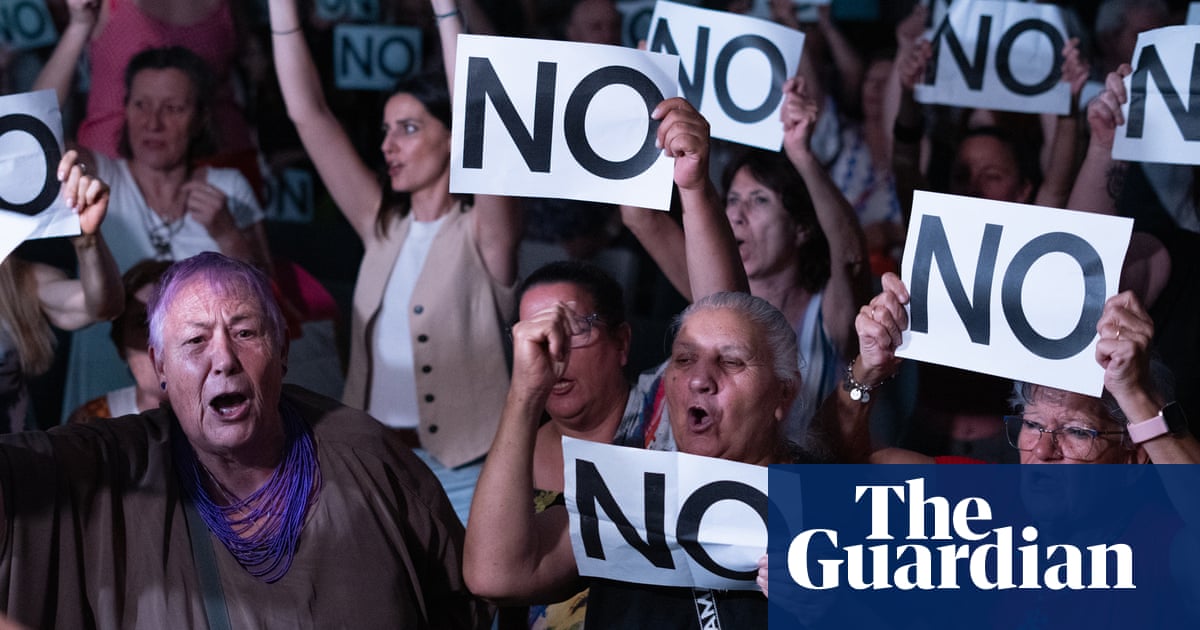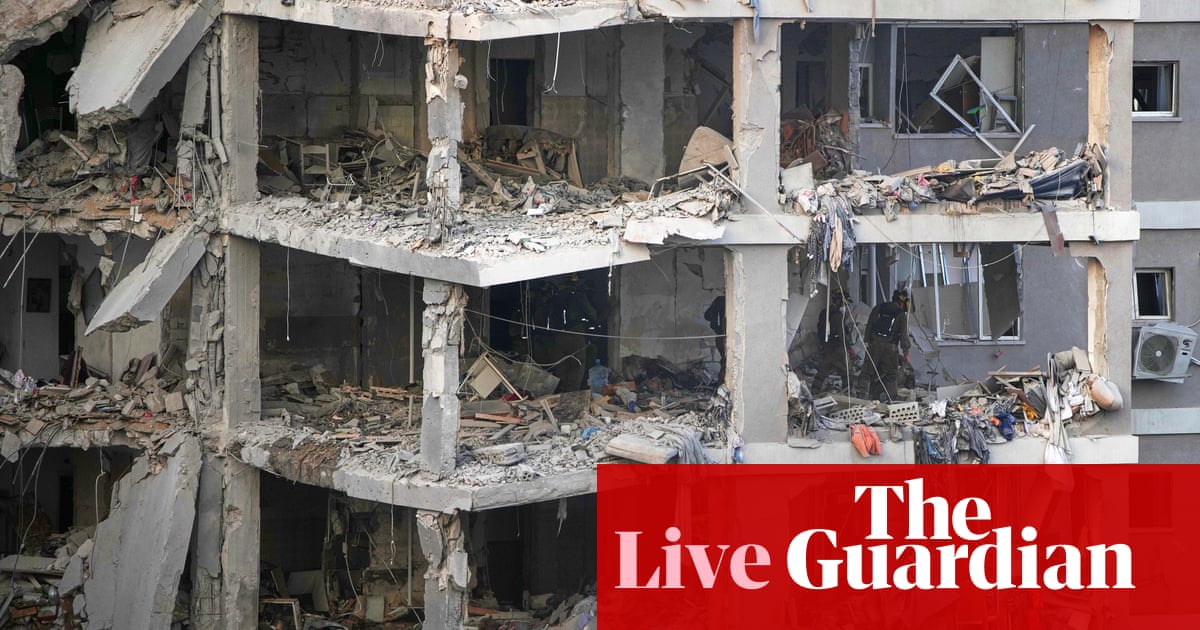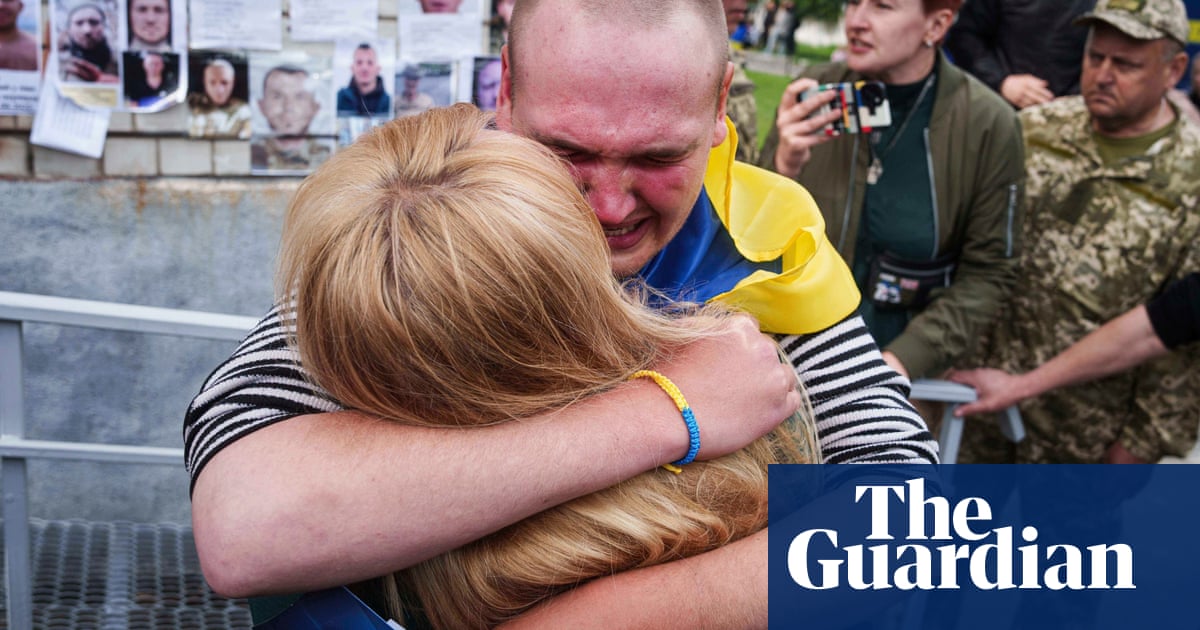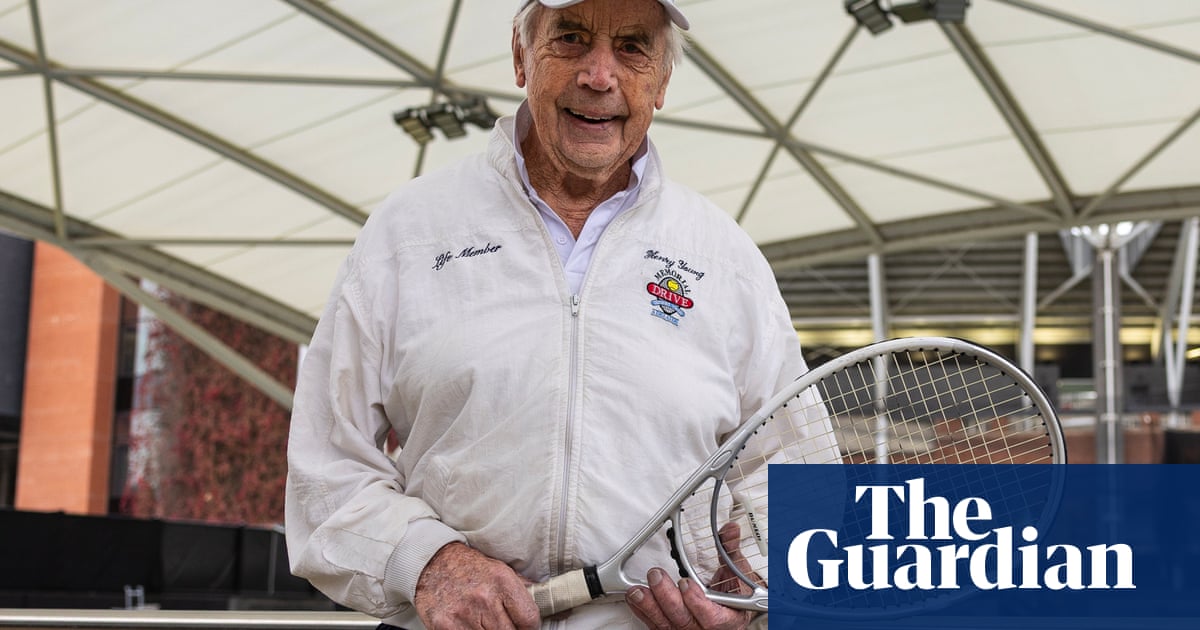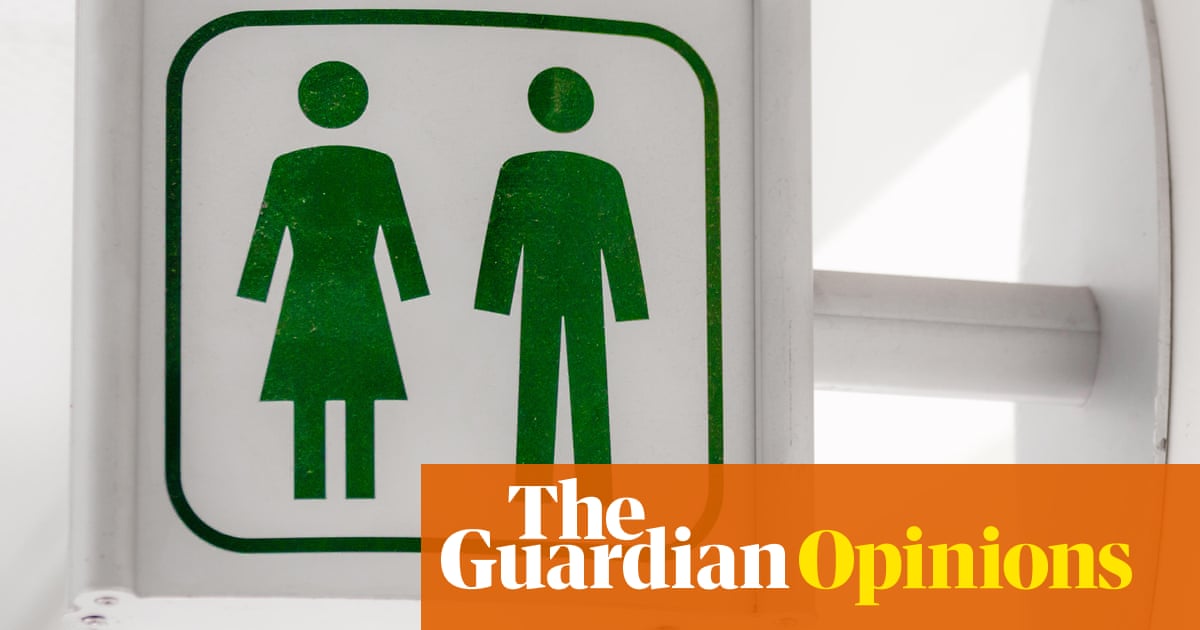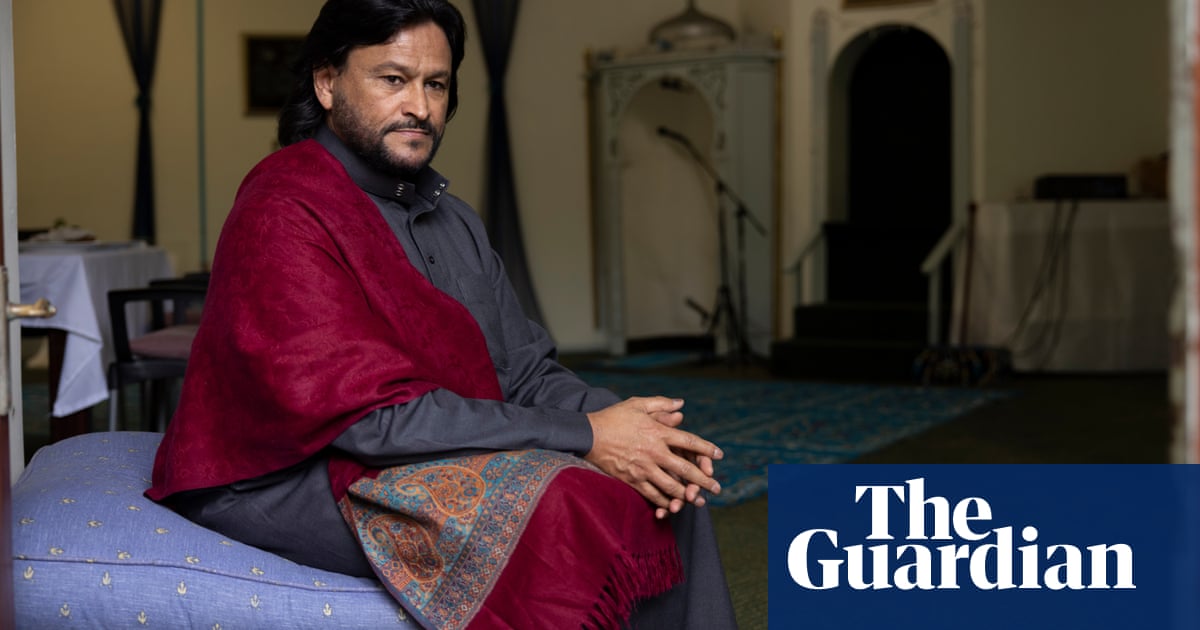Morning opening: Europe reacts to Sumy attack

Jakub Krupa
EU foreign ministers are meeting in Luxembourg this morning to discuss the key challenges facing the bloc in foreign affairs, with Ukraine top of the pile.
Reeling from the shock of Russia’s Palm Sunday’s attack on Sumy, which killed at least 34 and injured more than 100, the leaders will discuss what more they can do to help Ukraine deter Russian aggression.
We saw strong political reactions already on Sunday. French president Emmanuel Macron blamed Moscow for “blatant disregard for human lives, international law, and the diplomatic efforts of president Trump.”
Incoming German chancellor Friedrich Merz accused Russia of “serious war crimes” and “perfidy” in the way the attack was conducted. Polish prime minister Donald Tusk said the attack represented “the Russian version of a ceasefire.”
On arrivals this morning, the language of top foreign policy chiefs was similarly clear. EU’s top diplomat Kaja Kallas said it only served as a reminder of the importance of supporting Ukraine “to put maximum pressure on Russia” as the Vladimir Putin continues to reject the ceasefire offer.
Poland’s Radosław Sikorski said the “heinous” attack was “Russia’s mocking answer” to the peace efforts by president Trump, saying he hoped the US administration would see “the leader of Russia is mocking their goodwill.”
But it does not appear to be seen that way over in the US.
Speaking to reporters last night, US president Donald Trump said the attack on Sumy was “terrible,” but added he was “told it was a mistake.” He then blamed Joe Biden for the Russian invasion of Ukraine, as he asserted: “this is not my war.”
Coincidentally, Ukrainian president Volodymyr Zelenskyy told CBS in an interview that he feared that “Russian narratives are prevailing in the US,” as he pointedly blamed vice-president JD Vance for the infamous Oval Office spat by saying he was “somehow justifying Putin’s actions.”
Zelenskyy also issued a dramatic plea to Trump asking him “before any kind of decisions, any kind of forms of negotiations, come to see people, civilians, warriors, hospitals, churches, children destroyed or dead.”
Let’s see if his invite gets picked up by the White House.
It’s Monday, 14 April 2025, it’s Jakub Krupa here, and this is Europe Live.
Good morning.
Key events Show key events only Please turn on JavaScript to use this feature
The Ukrainian air force said on Monday that Russia launched 62 drones to attack the country overnight, Reuters reported.
Separately, regional officials said overnight attacks by Russia sparked a fire at a petrol station in Zaporizhzhia, injured at least eight people and damaged houses across the southeastern part of Ukraine.
Seven people were injured in a Russian drone attack on the Black Sea port of Odesa that also damaged several homes and a medical facility late on Sunday, Ukraine‘s Emergency Service said in a post on Telegram.
Russia will ignore European condemnations if Trump lets them get away with Sumy attack - analysis

Dan Sabbagh
Even by the warped standards of wartime, Russia’s Sunday morning attack on Sumy was astonishingly brazen. Two high-speed ballistic missiles, armed, Ukraine says, with cluster munitions, slammed into the heart of the border city in mid-morning as families went to church, waited for a theatre performance or were simply strolling about on a mild spring day.

To contemplate a daytime city-centre attack, in the full knowledge that civilians will be present, reflects a Russian culture of impunity that has been allowed to endure without effective challenge. Nevertheless, Washington’s approach, under Donald Trump, has been to try to negotiate an end to the war by talking directly with Moscow, while remaining mostly silent on Russian attacks on civilians.
The dissonance between the killing and destruction in Sumy on Sunday and the photographed handshake between Witkoff and Putin is all too evident to most observers. It is not clear why it should even be contemplated that Ukraine hand over territory (something that even the US cannot easily force on Kyiv) when Russia is willing to countenance daytime attacks on civilians.
But Moscow believes, and acts like it believes, it can get away with it. The Kremlin will ignore condemnation from European leaders and wait for the news cycle to move on – and will almost certainly continue to attack Ukrainian cities to little military purpose. Not only are drone attacks commonplace, but there are now concerns they are routinely being armed with cluster munitions, while almost every day one or two hard-to-intercept ballistic missiles are thrown into the deadly mix.
In Kyiv, President Volodymyr Zelenskyy hopes that gradually Trump will realise Putin is not negotiating in good faith. Certainly, the attack on the centre of Sumy hardly suggests a strong appetite for peace. But it is unclear at what point, if any, the White House is prepared to conclude that killing of civilians means that it needs to put genuine pressure on Russia to negotiate rather than indulge the Kremlin.
Morning opening: Europe reacts to Sumy attack

Jakub Krupa
EU foreign ministers are meeting in Luxembourg this morning to discuss the key challenges facing the bloc in foreign affairs, with Ukraine top of the pile.
Reeling from the shock of Russia’s Palm Sunday’s attack on Sumy, which killed at least 34 and injured more than 100, the leaders will discuss what more they can do to help Ukraine deter Russian aggression.
We saw strong political reactions already on Sunday. French president Emmanuel Macron blamed Moscow for “blatant disregard for human lives, international law, and the diplomatic efforts of president Trump.”
Incoming German chancellor Friedrich Merz accused Russia of “serious war crimes” and “perfidy” in the way the attack was conducted. Polish prime minister Donald Tusk said the attack represented “the Russian version of a ceasefire.”
On arrivals this morning, the language of top foreign policy chiefs was similarly clear. EU’s top diplomat Kaja Kallas said it only served as a reminder of the importance of supporting Ukraine “to put maximum pressure on Russia” as the Vladimir Putin continues to reject the ceasefire offer.
Poland’s Radosław Sikorski said the “heinous” attack was “Russia’s mocking answer” to the peace efforts by president Trump, saying he hoped the US administration would see “the leader of Russia is mocking their goodwill.”
But it does not appear to be seen that way over in the US.
Speaking to reporters last night, US president Donald Trump said the attack on Sumy was “terrible,” but added he was “told it was a mistake.” He then blamed Joe Biden for the Russian invasion of Ukraine, as he asserted: “this is not my war.”
Coincidentally, Ukrainian president Volodymyr Zelenskyy told CBS in an interview that he feared that “Russian narratives are prevailing in the US,” as he pointedly blamed vice-president JD Vance for the infamous Oval Office spat by saying he was “somehow justifying Putin’s actions.”
Zelenskyy also issued a dramatic plea to Trump asking him “before any kind of decisions, any kind of forms of negotiations, come to see people, civilians, warriors, hospitals, churches, children destroyed or dead.”
Let’s see if his invite gets picked up by the White House.
It’s Monday, 14 April 2025, it’s Jakub Krupa here, and this is Europe Live.
Good morning.

 2 months ago
52
2 months ago
52



